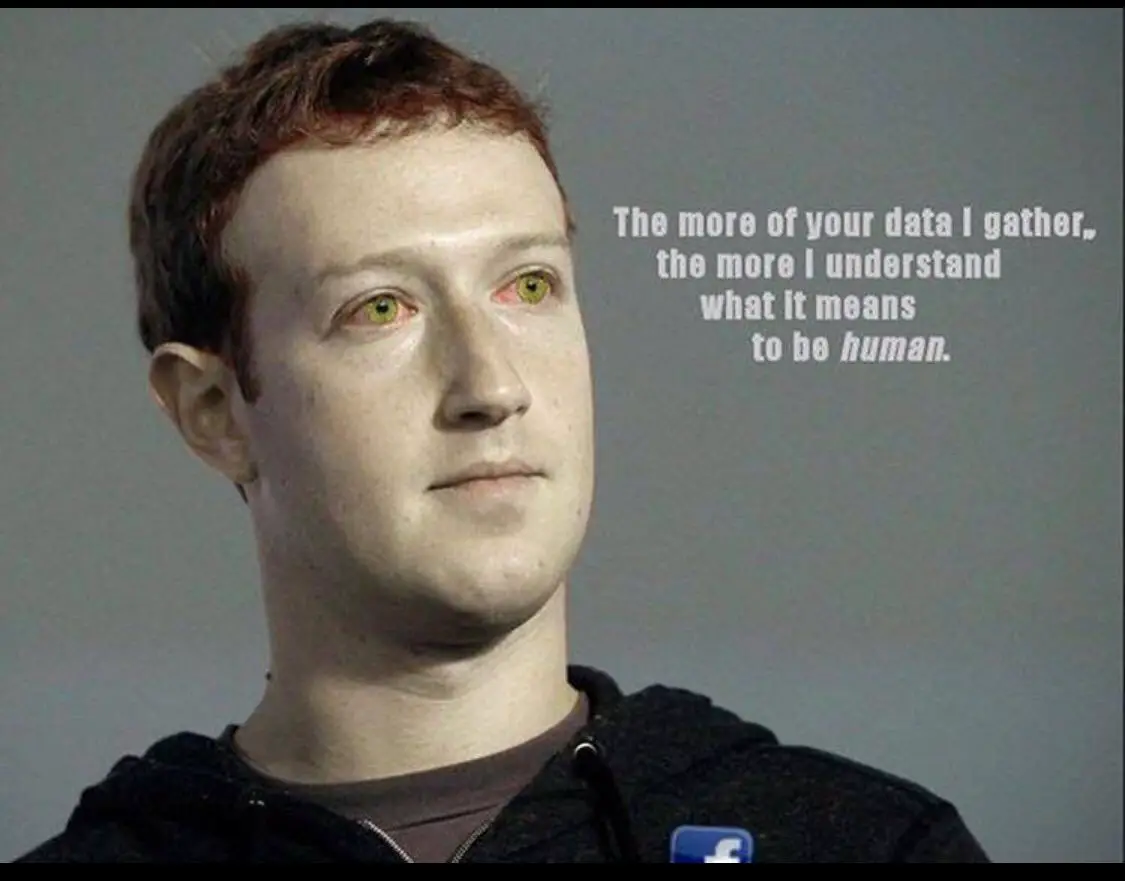Zuckerberg responded by publishing a lengthy statement on Facebook and interviewed the TV station to explain how the company responded to what he called “a breach of trust between Facebook and the people who share their data with us and expect us to protect it.”

Zuckerberg was supposed to remember what Steve Jobs said eight years ago. At that time, the social network had only hundreds of millions of users. Jobs spoke at the AllThingsD conference and talked about what privacy means. Zuckerberg was sitting in an audience seat waiting for an interview.
Senior technology media person Walt Mossberg asked Steve Jobs how he saw the recent privacy issues surrounding Facebook and Google, and whether Silicon Valley’s perception of privacy issues is different from the rest of the world. At the time, Facebook was adjusting privacy controls after being criticized for compelling people to share data, and Google was found to record WiFi private information.
“The views within Silicon Valley are not completely unified,” Jobs responded. “We have always had a very different view of privacy from those in Silicon Valley.” For example, Apple did not let developers decide whether to dutifully warn users that their applications are Instead of tracking their location data, they choose to have the system pop up to remind them that the app is tracking them, telling them that they don’t want to be tracked and can turn off permissions. “We did a lot of things like that to make sure people know what these applications are doing,” he added. His successor, Tim Cook, still holds this position.
Then, Mossberg asked if Steve Jobs is suitable for Apple’s own cloud applications. Here is Steve Jobs’s answer:
“Privacy means people know what they’re signing up for, in plain English, and repeatedly. I’m an optimist; I believe people are smart, and some people want to share more data than other people do. Ask them. Ask them every time. Make them tell you to stop asking them if they get tired of your asking them. Let them know precisely what you’re going to do with their data.”
Facebook and Zuckerberg have been criticized many times for dealing with user data. He apologized when a Facebook product in 2007 over-tracked users. In 2010, he once again acknowledged privacy issues and the company changed its settings accordingly. In 2018, the problem came again. If the company did a simpler and clearer description of how developers can handle data shared by Facebook users and sell data to third parties, it may not fall into the confusion of today.





